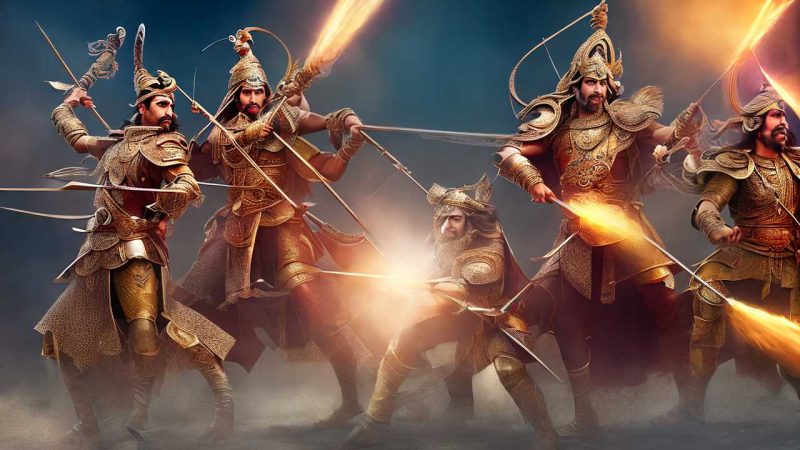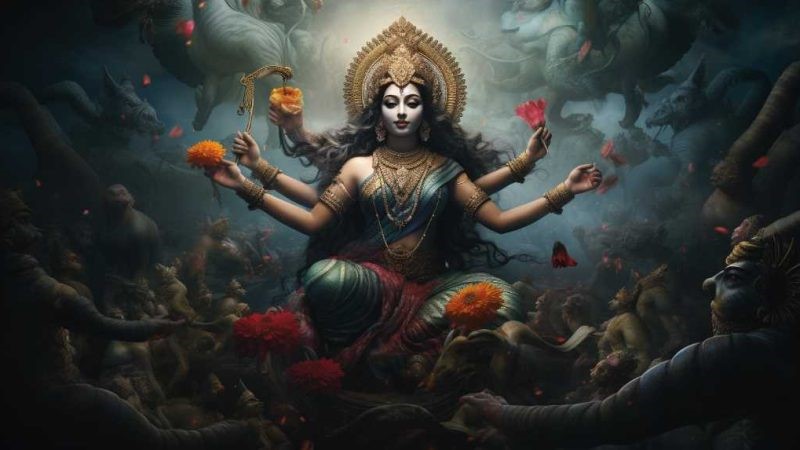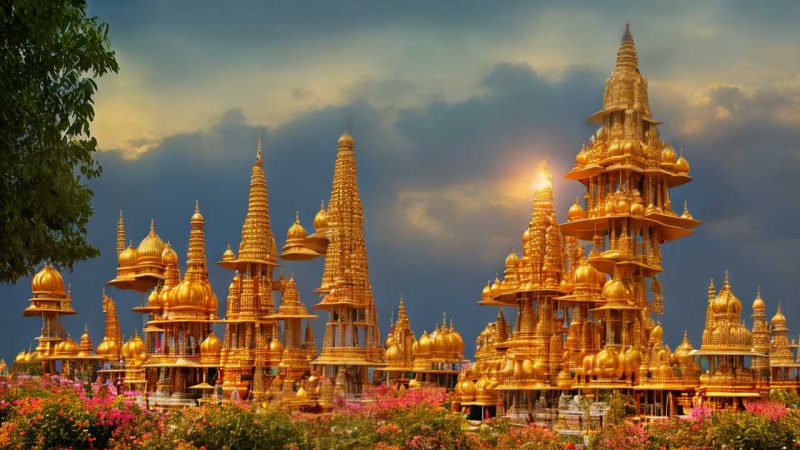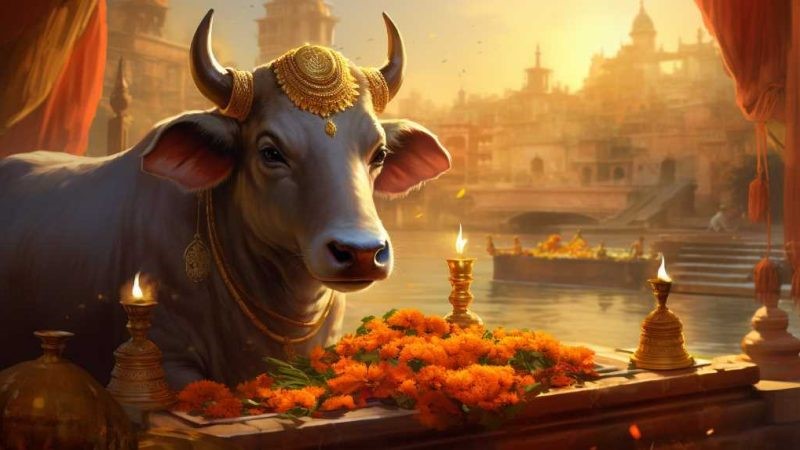The Roles and Responsibilities of Hindu Priests
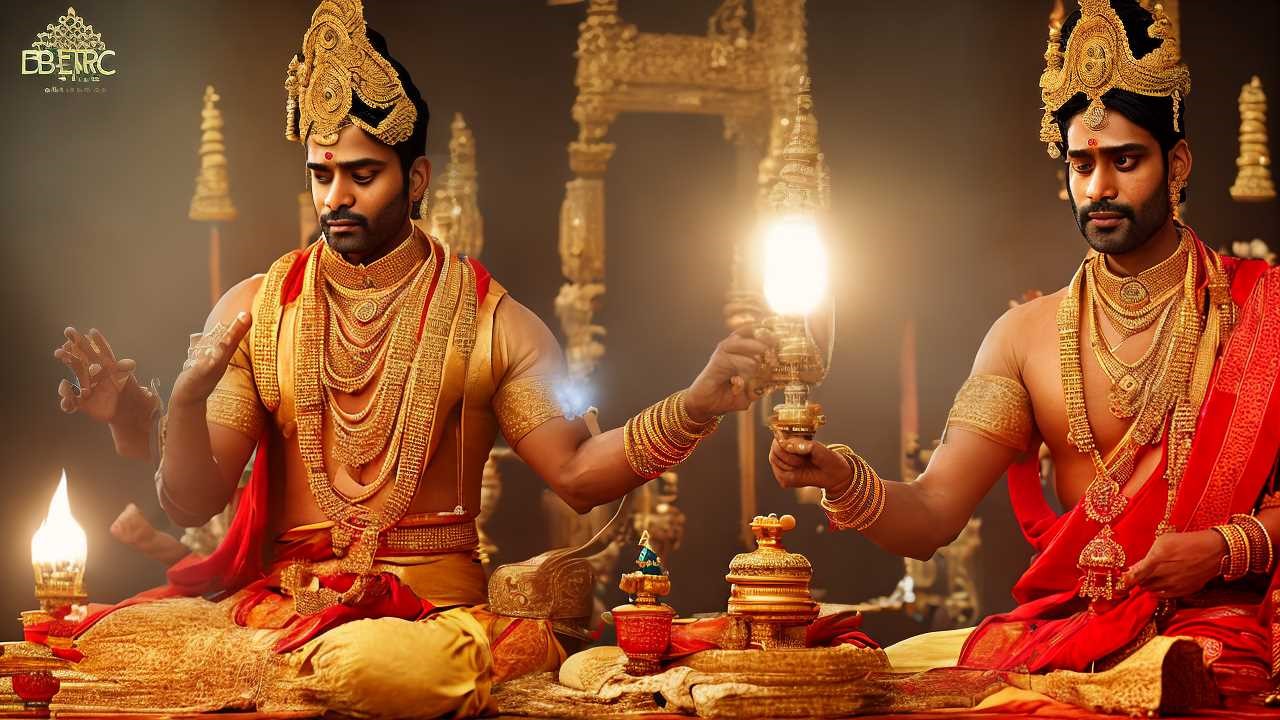
Hindu priests play an important role in their religion. They are like bridges that connect people to the gods. They do more than just lead prayers and religious events; they also keep the holy writings safe, give advice on spiritual matters, and help bring the community together. A Hindu priest must know the Vedas well and be able to explain these old texts to others. They are responsible for making sure that Hindu traditions, which have been part of Indian culture for a very long time, continue.
But things are changing quickly today, with new technology and different ways of living. This means that Hindu priests have to find ways to stay relevant. They must do this while keeping the core of their traditions intact. It’s not easy to balance the old ways with the new, and this is something that needs a closer look. We need to understand how Hindu priests manage these changes.
For example, a priest may use social media to teach people about Hinduism, making ancient wisdom more accessible to younger generations. This shows how priests are adapting to the modern world while still doing their traditional job of teaching and guiding others.
Hindu priests have the tough job of keeping their age-old practices alive while also making sure they fit into today’s world.
Conducting Rituals and Ceremonies
Hindu priests, often called ‘Pandits’, are crucial in leading the many special rituals and ceremonies that are a big part of Hindu worship. These priests are very important because they make sure that the religious practices are done correctly, just as they have been for a long time. They know the Vedas and other holy writings very well, which helps them to make sure every ceremony is done the right way.
These priests use hand gestures, known as mudras, and they chant from the scriptures in a way that is meant to welcome the gods and create a spiritual atmosphere. By being so dedicated to their work, the Pandits help to keep Hindu traditions alive and make sure they are passed on to the next generation.
For example, during the Diwali festival, Pandits might lead a ceremony called Lakshmi Puja, where they chant prayers and use mudras to honor Lakshmi, the goddess of wealth and prosperity. This is just one way Pandits help people connect with their faith and maintain the traditions that have been part of Hindu culture for centuries.
In writing this, I’m trying to make it sound like I’m talking to someone, explaining the role of Pandits in a way that’s easy to understand and full of interesting details. It’s important to talk about these traditions in a way that feels lively and engaging.
Spiritual Guidance and Counseling
Pandits play a crucial role in guiding people who are looking for comfort and answers in their lives. As experts in living rightly, they help people understand old writings and use that knowledge to handle difficult situations. They give advice based on sacred texts like the Vedas and Upanishads, making sure it’s in line with the core beliefs of Sanatana Dharma, which is the traditional way of life for many.
When someone is confused about life choices or doesn’t know what’s right or wrong, a Pandit can be a kind and understanding guide. They share insights that help people grow spiritually and find calm within themselves. By doing this, Pandits do their important job of leading people toward a better understanding of life and how to live well with others and the world.
For example, if you’re feeling lost about a big life decision, a Pandit might suggest meditation techniques from the Upanishads to help clear your mind. They might also recommend reading specific passages from the Vedas that relate to the problem you’re facing. This kind of advice can help you see your situation in a new light and make a choice that feels right to you.
Preserving Sacred Texts and Practices
Hindu priests have a very important job: they keep their sacred texts and traditions alive. For thousands of years, texts like the Vedas, Upanishads, and Puranas have been key to their spiritual life. These priests make sure that these ancient writings are passed on correctly.
When they perform their rituals and recite these texts, they’re not just going through the motions; they’re making sure that the old teachings and the spirit of their traditions stay relevant and influential today. This is crucial because it helps people today understand the deep insights of the past sages and keeps the core of Hinduism vibrant.
The priests’ commitment and deep respect for their heritage make sure that Hinduism continues to guide its followers.
Community Involvement and Leadership
Assuming pivotal roles within their communities, Hindu priests exemplify leadership and foster collective harmony through guidance and participation in social activities. As custodians of dharma, they navigate the confluence of the spiritual and the societal, orchestrating rituals that sanctify life’s milestones from birth to death. Their presence is a beacon, guiding the laypeople in the pursuit of ethical living and spiritual growth.
Esteemed as communal pillars, they advocate for societal cohesion, transcending the confines of the temple to engage in educational and charitable endeavors. With wisdom steeped in ancient lore, they counsel individuals and families, thus weaving an intricate tapestry of support and moral leadership.
In times of celebration and crisis alike, the Hindu priest remains an indispensable shepherd to the flock, embodying the profound interconnectedness of faith and community life.
Adapting to Modern Challenges
Hindu priests are working hard to keep their old traditions alive while also dealing with today’s technological changes and new ways people behave. They are responsible for protecting their religious teachings, trying to find a balance between ancient rituals and what people today expect.
Their job is to make the teachings from the Vedas, which are Hindu sacred texts, easy to understand and useful for people surrounded by technology. They interpret these teachings to help people find spiritual comfort, making sure the core principles of their religion, known as Sanatana Dharma, stay meaningful for those looking for truth in this fast-paced world.
Although their work is changing, they remain dedicated to taking care of the community’s spiritual needs.
For example, some Hindu priests now use social media to share daily teachings or stream ceremonies, allowing followers who can’t attend in person to still participate. This shows how they’re creatively using modern tools to keep their traditions alive and help their community.
Conclusion
Hindu priests play an important role in their communities. They are in charge of leading religious practices and sharing old knowledge. They do more than just perform rituals; they also teach, give advice, and set a good example for others to follow. As the world changes, these priests are good at dealing with new problems but still keep the important parts of their traditions alive. Their work helps Hinduism continue and brings people together in today’s world.
Here’s why this matters: Hindu priests are not just religious figures; they are also teachers and community leaders. For example, they might help someone understand a religious text or lead a ceremony that brings a neighborhood together. Their ability to balance respect for their history with the needs of the present day keeps their culture strong and helps build unity among people.

